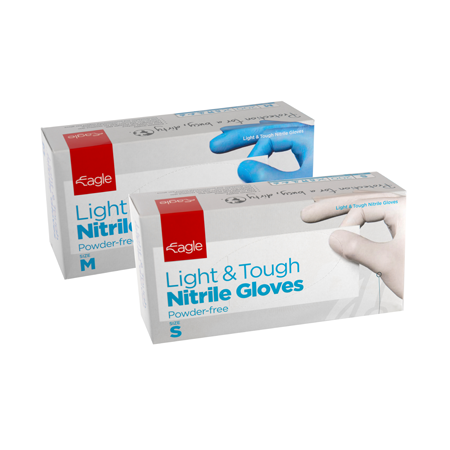When you consume alcohol, it goes through the digestive system and into your bloodstream.
As your blood circulates through your lungs, it releases ethanol vapour which comes our in your breath.
Any alcohol content in your breath has come from deep down in your lungs, and is constantly renewed from the alcohol content in your bloodstream.
There’s a lot of myths about what you can do to reduce your alcohol level. They’re almost all based on doing something in your mouth, which doesn’t work, because the alcohol comes from… your lungs!
For example:
- Eating mints doesn’t reduce your alcohol level. It makes your mouth feel fresh, but it doesn’t do anything for the alcohol from your lungs.
- Sucking on a lemon also doesn’t work.
- Sucking on coins doesn’t work for the same reason.
- Using something to soak up liquid in your mouth will only work (briefly) if you have alcohol in your mouth. It won’t do anything for the alcohol on your breath.
- Having liquid air fresheners in the car doesn’t do anything to help your alcohol level, and are actually counter-effective! These are usually made up of fragrances dissolved in ethanol. When you clip an air freshener onto the air vents in your car, the air blows through and sends the ethanol circulating around your car. You’ll end up with a low level of alcohol in the air of the car… not enough to affect you, but enough to be picked up by a breathalyser.
- Pills and medications such as Quick-Eze don’t work… These go into your digestive system, and it’s multiple hours before they’ll do anything to your alcohol level (if they even do anything at all).
There are things that do work to reduce your alcohol level: drink plenty of water, and eat plenty of food. These take time, and reduce your alcohol level by diluting the amount of alcohol present in your bloodstream.
